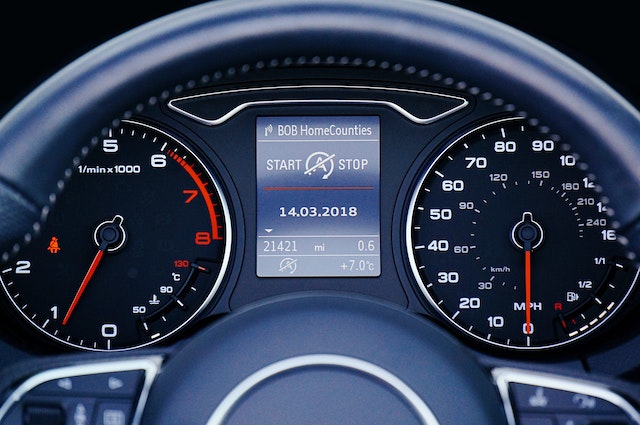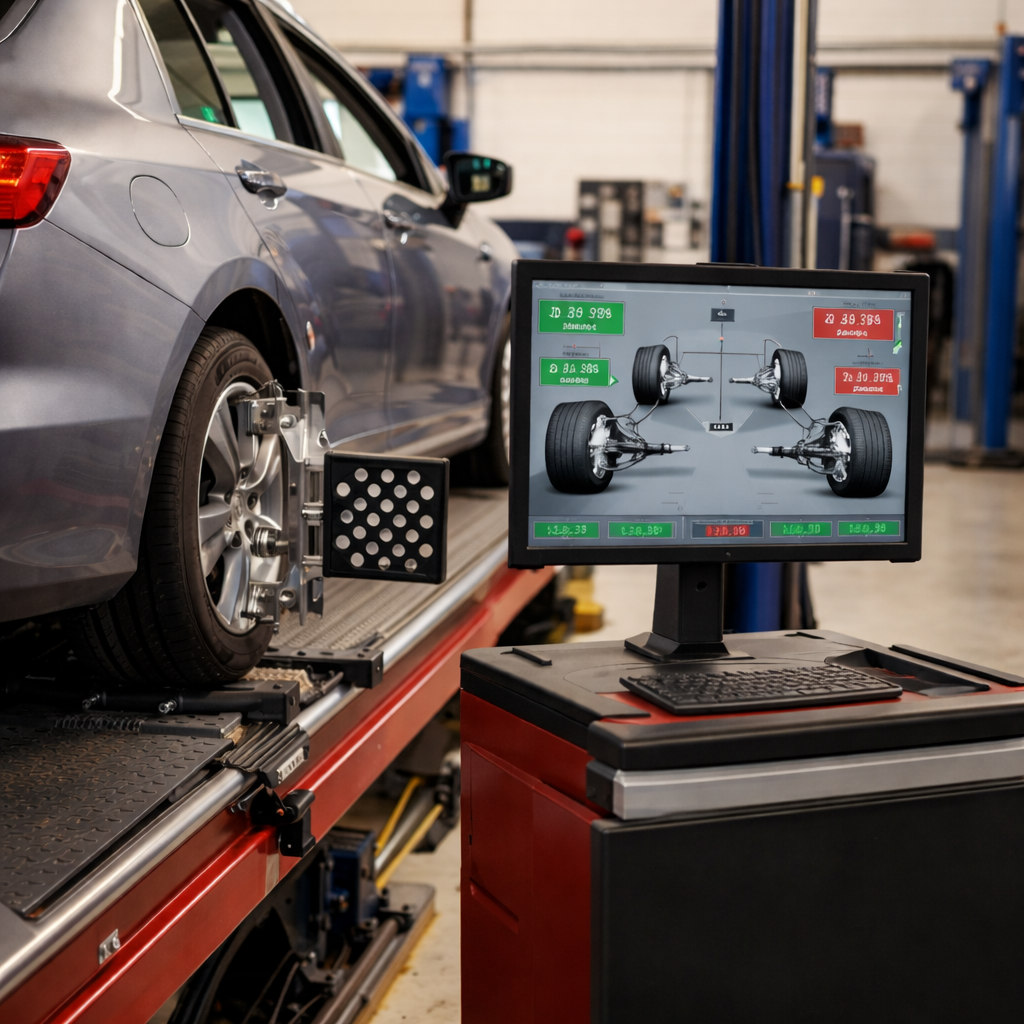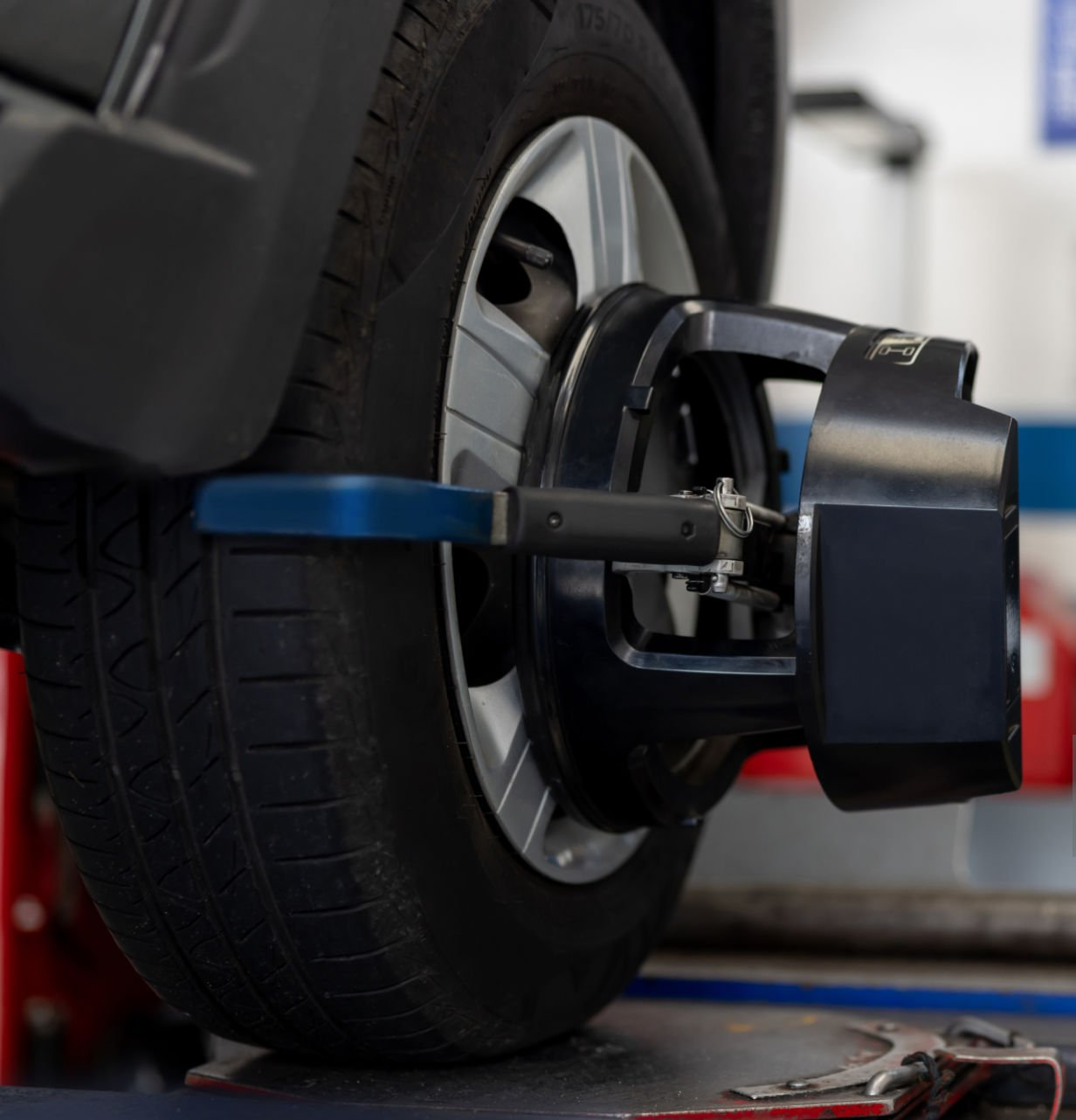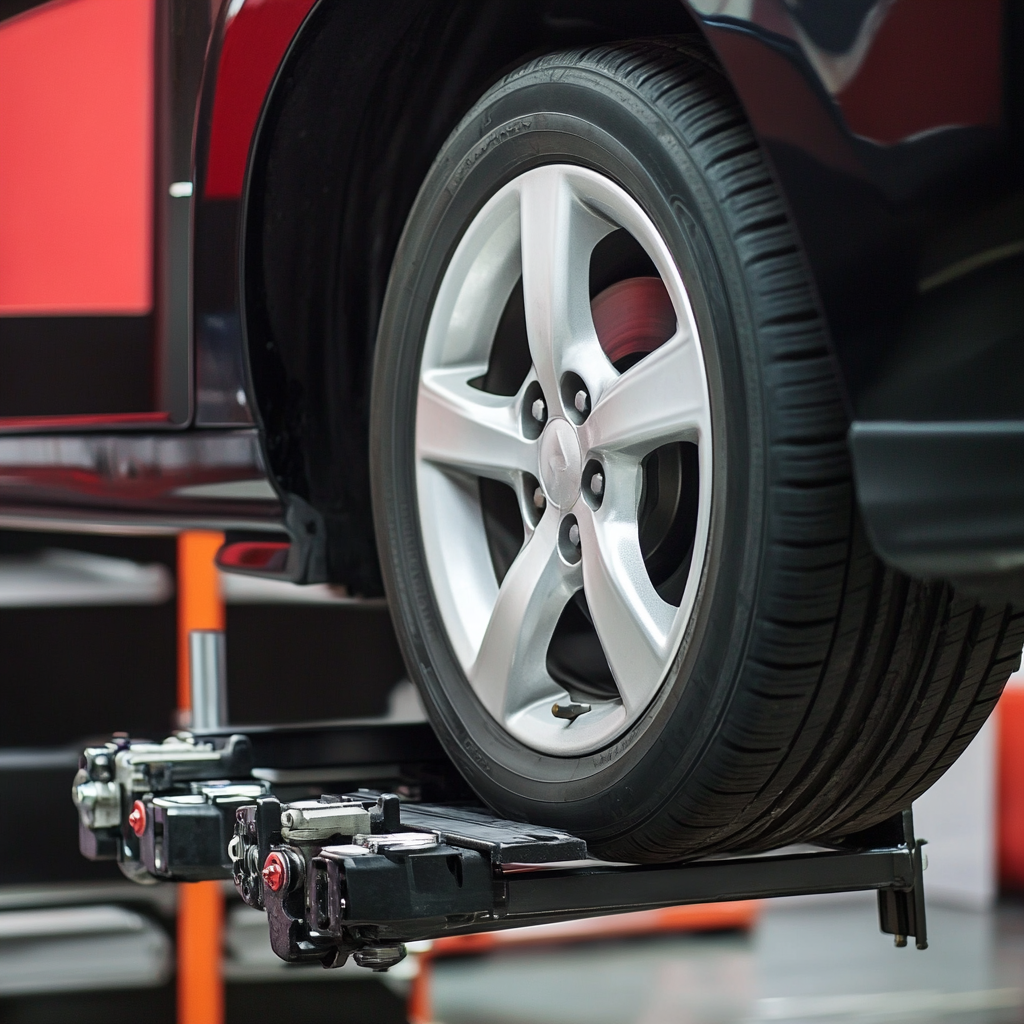There is little else more frustrating than realizing something is wrong with your car. Even worse is knowing that there is an issue but being unaware of how to solve it. If your vehicle’s engine dashboard warning is signaling a problem with your vehicle, then we recommend reading on so that you can learn for yourself what the cause may be. Whenever you are in the area and looking for affordable and high quality auto repair in Philadelphia, PA, then we recommend giving us a call or stopping by for a visit, so that we can address any questions or concerns that you may have. We are always more than happy to help in any way that we can, so do not hesitate to reach out to us. We look forward to speaking with you soon.
Catalytic Converter Failure
We all know the feeling. You’re driving around in your vehicle on a perfect day only to discover that one of your engine dashboard warning lights has come on. If you are someone who is not familiar with maintaining the health of your vehicle, then you may put off the issue thinking that it is simply your vehicle showing its age. However, we recommend against ignoring your engine dashboard warning lights. In fact, you will want to take this issue a lot more seriously whenever you encounter it. One main cause of an engine dashboard warning is a failure of your catalytic converter. The catalytic converter is a part of your vehicle’s exhaust system. In simpler terms, this part is responsible for processing your vehicle’s exhaust before it is released through the tailpipe. As the years go on, it is common for catalytic converters to get clogged and if this happens then this could lead to malfunctions. When malfunctions occur, your check engine light will turn on.
Electrical System Failure
Another reason why you may notice your engine dashboard warning light come on is due to electrical system failures within your vehicle. You may not be aware of the fact that your vehicle has various sensors and computer chips within it. If any of the sensors or computer chips begins to malfunction, then your check engine light should it turn on and notify you about the issue. If, however, the electrical issue involves the battery or alternator, then a battery-shaped or ALT light should turn on.
Faulty MAF Sensor
The MAF Sensor in your vehicle stands for the mass air flow sensor. This sensor is responsible for tracking the air that comes into your vehicles engine. Overtime, this sensor can get dirty or begin to malfunction as it gets older, although it’s important to note that these sensors typically last your vehicle’s lifetime. Again, when you notice your check engine light turn on, then this could signify and issue with your sensor. 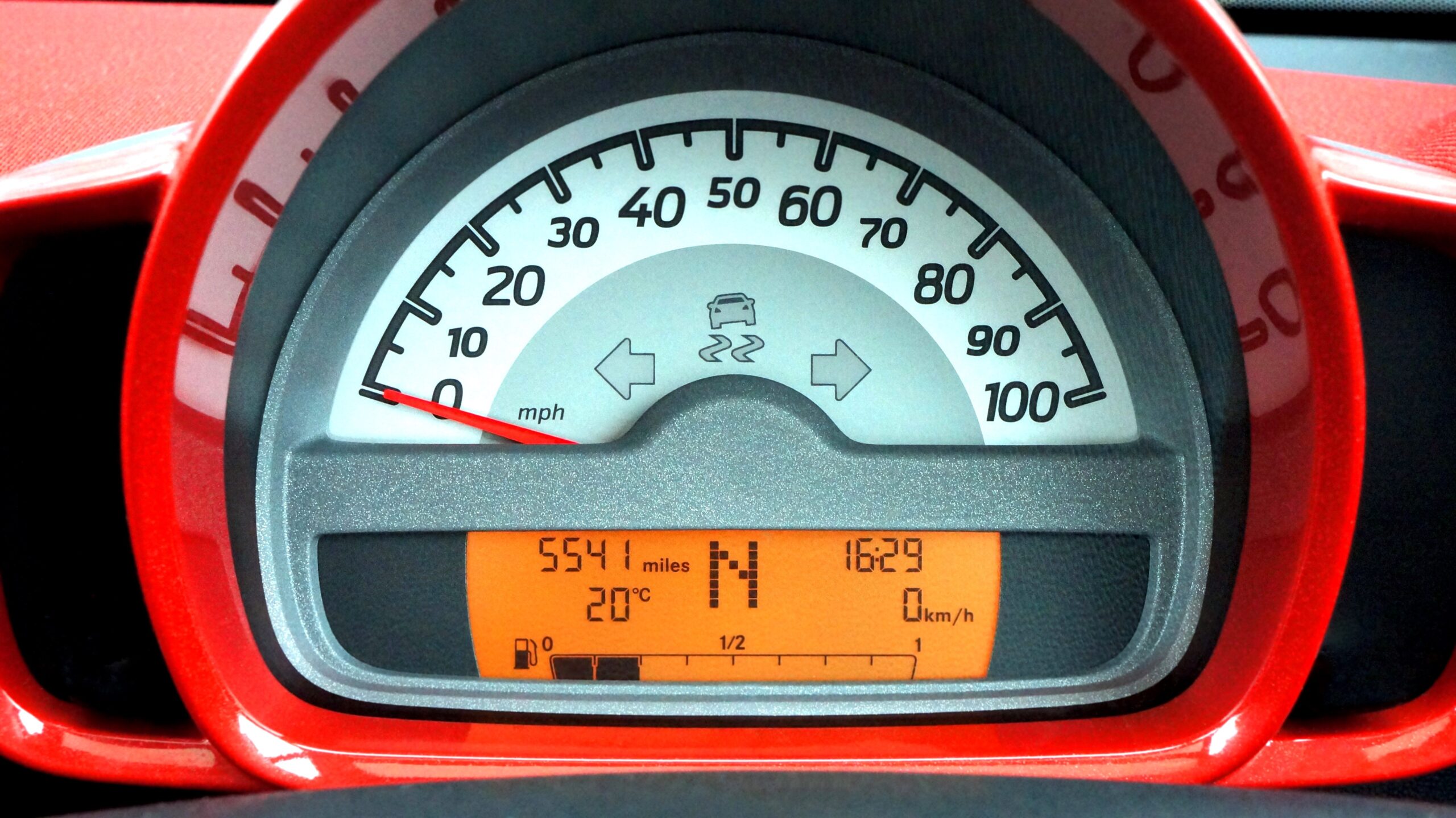
Faulty O2 Sensor
If your vehicle is experiencing a faulty O2 sensor, then this could also be a reason why you are seeing your check engine light. The O2 sensor stands for oxygen sensor. Typically, this type of sensor usually lasts around 90,000 miles. Once this sensor begins to fail, then you will end up with a light on your dashboard letting you know about the failure. Additionally, it is also important to note that your vehicle will not be able to pass an emissions test with a malfunctioning O2 sensor.
Learn more about auto repair in Philadelphia, PA!
